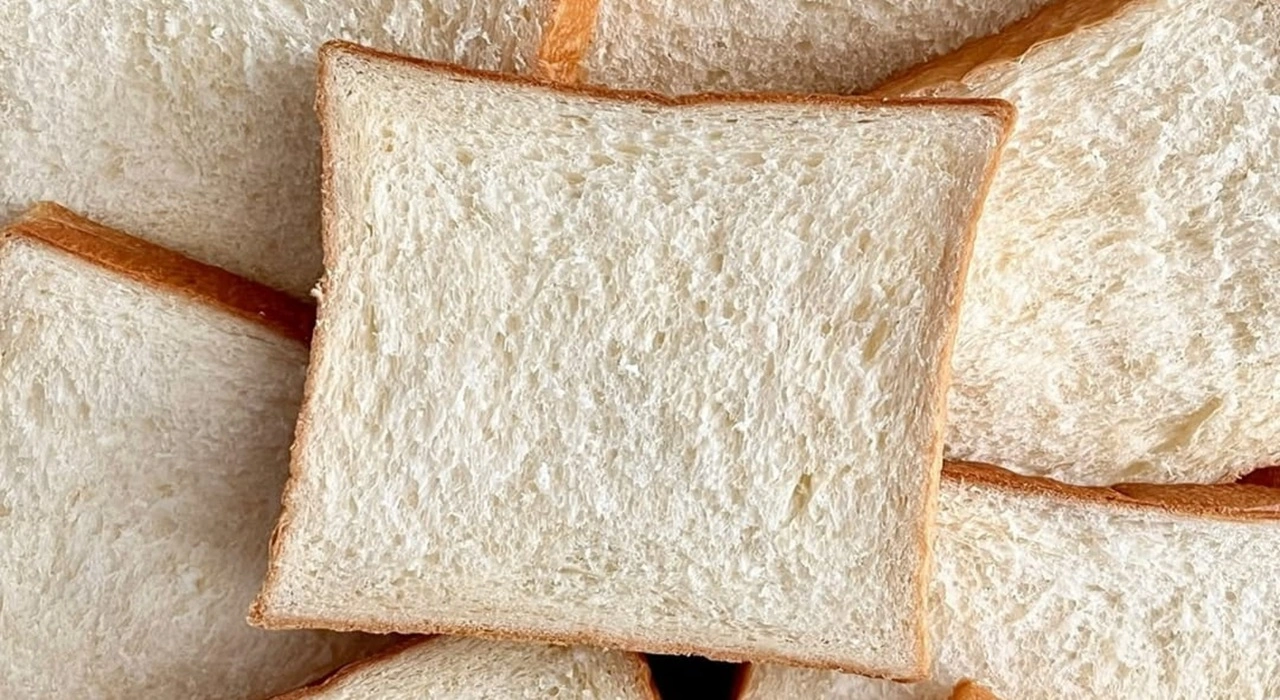Introduction
Healthy benefits of bread is a staple food enjoyed in many cultures around the world. Whether it’s a warm slice of whole wheat toast at breakfast or a sandwich on multigrain bread at lunch, bread is a versatile and satisfying part of our daily diet. While some people believe bread is unhealthy, the truth is that not all bread is created equal. Choosing the right kind of bread like whole grain, whole wheat, multigrain, or sourdough can offer numerous health benefits.

10 healthy benefits of bread
1. Rich Source of Carbohydrates
Healthy benefits of bread Bread is one of the primary sources of carbohydrates, the body’s main energy source. Carbs from whole grain or whole wheat bread provide long-lasting energy and help fuel your brain, muscles, and organs throughout the day.
2. High in Dietary Fiber
Whole grain and whole wheat bread are excellent sources of dietary fiber. Fiber supports digestive health, keeps your bowel movements regular, and may help prevent constipation. Eating fiber-rich bread can also promote a feeling of fullness, which may aid in weight management.
3. Good for Heart Health
Whole grain bread contains nutrients like fiber, antioxidants, and healthy plant compounds that are beneficial for heart health. Studies have shown that eating whole grains can reduce the risk of heart disease, lower bad cholesterol (LDL), and help maintain healthy blood pressure levels.
4. Supports Healthy Digestion
One of the underrated healthy benefits of bread, especially sourdough or sprouted grain bread, is its support for gut health. These types of bread are often easier to digest due to the fermentation process, which breaks down some of the gluten and starches, promoting a healthy gut microbiome.
5. Provides Essential Nutrients
Healthy benefits of bread is more than just carbs it also contains essential nutrients like iron, magnesium, selenium, and B vitamins (like folate, thiamine, and niacin). These nutrients are vital for energy production, red blood cell formation, and maintaining overall health.
6. Can Help Manage Blood Sugar
Contrary to popular belief, not all bread spikes blood sugar. Whole grain bread has a lower glycemic index (GI) compared to white bread, which means it releases glucose into the bloodstream more slowly. This can help people, especially those with diabetes, manage their blood sugar levels more effectively.
7. Convenient and Versatile
Healthy benefits of bread is easy to prepare and incredibly versatile. From toast and sandwiches to homemade croutons or even bread-based salads like panzanella, bread offers endless meal options that can be both healthy and satisfying.
8. Promotes Satiety and Weight Control
Whole grain bread is rich in complex carbohydrates and fiber, which slow digestion and help you feel full longer. This can prevent overeating and snacking between meals, making it easier to manage your weight in a healthy way.
9. Great Source of Plant-Based Protein
While bread is not a protein powerhouse, whole grain and seed-based bread varieties contain more plant-based protein than white bread. This can be especially helpful for vegetarians and vegans looking to increase their daily protein intake.
10. Affordable and Accessible
One of the biggest healthy benefits of bread is its affordability and availability. Healthy bread options are easy to find in most grocery stores, and making your own at home is simple and cost-effective. This makes bread a reliable choice for people looking to eat well on a budget.
Final Thoughts
Bread, when chosen wisely, can be a nutritious and beneficial part of your daily diet. Opt for whole grain, whole wheat, or sourdough varieties to enjoy the full range of health benefits. As with any food, moderation is key. Including healthy bread in a balanced diet can support your energy levels, digestion, heart health, and more.
So next time someone tells you bread is bad for you, share these healthy benefits of bread you might just change their mind!
Frequently Asked Questions (FAQs)
Q1. Is healthy benefits of bread to eat every day?
Yes, as long as you choose whole grain or whole wheat bread and eat it in moderation, bread can be a healthy daily food choice.
Q2. What type of bread is the healthiest?
Whole grain, multigrain, and sourdough breads are among the healthiest options due to their high fiber and nutrient content.
Q3. Can I eat bread if I’m trying to lose weight?
Absolutely. Whole grain bread can help you feel full and satisfied, making it easier to control your calorie intake and manage weight.
Q4. Is white healthy benefits of bread bad for you?
White bread is more processed and has fewer nutrients compared to whole grain varieties. It’s best to limit white bread and choose healthier options when possible.
Q5. Does bread cause bloating or digestive issues?
Some people may feel bloated after eating bread, especially if they have gluten sensitivity. Sourdough bread may be easier to digest due to its natural fermentation.
Q6. How many slices of bread should I eat per day?
This depends on your overall diet and nutritional needs. Generally, 2 to 4 slices of whole grain bread a day can fit into a balanced diet.
Q7. Is gluten-free bread healthier?
Not necessarily. Gluten-free bread is essential for those with celiac disease or gluten sensitivity, but it’s not always healthier than whole grain bread for the general population.
Q8. Can bread be part of a low-carb diet?
Most traditional breads are high in carbs, but there are low-carb bread options made with almond flour or flaxseed that can fit into low-carb diets.
Q9. What nutrients are found in healthy bread?
Healthy bread contains fiber, protein, B vitamins, iron, magnesium, and more depending on the ingredients used.
Q10. Can children eat healthy benefits of bread every day?
Yes, bread can be a nutritious part of a child’s diet, especially when it’s made from whole grains and served with healthy toppings.